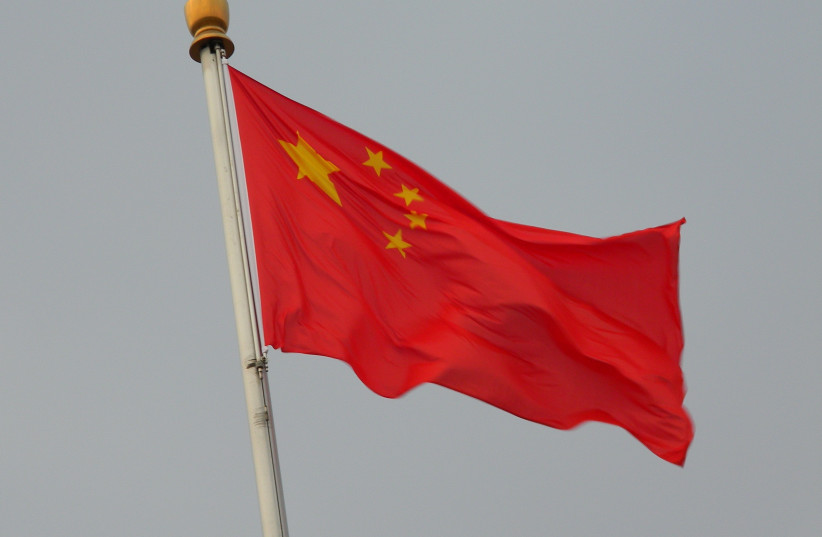Prime Minister Benjamin Netanyahu has confirmed that he will pay an official visit to China, noting that the US was informed of his plans. The Prime Minister’s Office issued a statement on June 27 revealing that Netanyahu had told a bipartisan delegation from the US House of Representatives that he had received an official invitation to visit Beijing.
“The projected visit will be Prime Minister Netanyahu’s fourth visit to China; the American administration was updated a month ago,” it said.
Netanyahu, the statement added pointedly, said that “security and intelligence cooperation between the US and Israel is at an all-time peak, and emphasized that the US will always be Israel’s most vital ally and irreplaceable ally.”
Sources in the Prime Minister’s Office said the trip, originally scheduled to take place in July, would apparently be postponed until October, after the Jewish High Holy Days.
What is behind Netanyahu’s decision to set his sights on Beijing?
The first thing that comes to mind is that he still hasn’t been invited by US President Joe Biden to the White House since his return to the Prime Minister’s Office at the end of 2022. The second is that it may be an opportunity to enlist China’s connections to expedite a deal for the normalization of relations between Israel and Saudi Arabia.

Perhaps most importantly, though, as Russia’s war against Ukraine diverts its attention from the Middle East, Beijing is becoming increasingly involved in the region – particularly with Iran. This is Netanyahu’s primary concern. China has served as Tehran’s financial lifeline, and if he can persuade Beijing to condition its support for Iran on a halt to its nuclear program, it would be a major coup.
Still, former military intelligence chiefs Amos Yadlin and Tamir Hayman came out strongly against Netanyahu’s trip to China. “This is a step that will harm Israeli interests and not advance them,” Yadlin tweeted, while Hayman warned, “The special relationship with the US is in danger. This act could definitely cause damage.”
The US has periodically voiced concern over Israel’s warming relations with China. In an address to the Knesset on May 1, for example, US House Speaker Kevin McCarthy cautioned Israel that “our innovation is at risk from a new threat: the Chinese Communist Party.”
Still, Israel maintains good relations with Beijing, especially when it comes to trade. Despite the US-China trade war, China is Israel’s second-largest trading partner, with trade between the two countries rising 11.6% to $24.45 billion in 2022.
What does China think about Israel and Jews?
The Chinese greatly admire Israel and Jews. I’ll never forget the news conference that our Israeli delegation had with Chinese journalists in August 2018 at the end of a trip to Guangzhou on El Al’s first direct flight there. A Chinese journalist asked me, “How do you explain why so many Jews have won a Nobel Prize, while so few Chinese have?” It’s a question I still ponder.
Two months later, I asked Chinese ambassador to Israel Zhan Yongxin why Beijing finds the Jewish state so interesting.
“Israel is a well-known start-up nation, strong in creation and innovation, good at doing things from 0 to 1,” he replied. “China, with strong financing and manufacturing capabilities and a huge market, is good at doing things from 1 to 100. Therefore, China-Israel cooperation is highly complementary.” His enigmatic answer definitely warrants contemplating as we examine Israel’s strategy in Asia.
It also reminded me of the joke about a Jew complimenting his Chinese friend on the wisdom of the Chinese people. “Yes, our culture is over 4,000 years old,” his friend replies, adding that the Jews are a wise people too. “Yes, our culture is over 5,000 years old,” the Jew says. The Chinese man is incredulous. “That’s impossible,” he retorts. “Where did your people eat for 1,000 years?”
